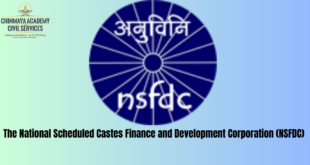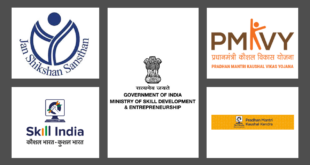- The CJI clarified that the hearing of a batch of petitions seeking legal recognition of same sex marriage scope would be limited to developing a notion of a “civil union” that finds legal recognition under the Special Marriage Act.
- A “civil union” refers to the legal status that allows same-sex couples specific rights and responsibilities normally conferred upon married couples.
- Although a civil union resembles a marriage and brings with it employment, inheritance, property, and parental rights, there are some differences between the two.
Differences:
Civil union laws allow same-sex couples to marry, without providing them formal recognition of the same.
These civil unions would be accompanied by rights such as:
- inheritance rights,
- employment benefits to spouses,
- joint parenting or joint ownership rights, and
- the right to abstain from testifying against one’s partner
- Civil union was recognised solely by issuing states and not by federal law.
Arguments against same-sex marriage
- It’s not a democratic but instead a theological discussion.
- It was founded on conviction in religion and natural justice.
- Some don’t consider it as normal because they can’t replicate babies.
- The culture is built on marriage and partnership of men and women.
Arguments in favour of same-sex marriage
- Denying marriage to them who require that implies restricting their rights, treating them unjust, physically and morally disadvantaging.
- It is a punitive action that requires a sound reason to not legally allow anybody to marry
The Government’s Opposition to Same-Sex Marriage
- The government highlighted that denying same-sex couples the right to marry was not violative of Article 14.
- This is because of the existence of an intelligible differentia between heterosexual couples and same-sex couples and a rational relation with the object sought to be achieved by the law – social stability in marriages.
- They also claimed that while Navtej Singh case upheld the privacy rights of gay individuals, it did not necessarily include the “public right” to marriage.
- In the Asia Pacific region, progress is slow, but it is encouraging to see Taiwan and Thailand move towards greater acceptance.
- Pew survey data from 2019 shows that while social acceptance of homosexuality has risen over the years, it is still quite low in India.
- As the five-judge bench of the Supreme Court is hearing the matter, one hopes that the Court remembers ex-Chief Justice of India, Dipak Misra’s sagacious words in his concurring opinion in Navtej:
- Even if there is disapproval by the majority of the sexual orientation or exercise of choice by the LGBT persons, the Court as the final arbiter of the constitutional rights, should disregard social morality and uphold and protect constitutional morality which has been adverted to by this Court in several cases.
- Constitutional morality and the fundamental guarantees of life, liberty, privacy, and autonomy should prevail and extend to all persons, irrespective of gender identity and sexual orientation.
SOURCE: THE HINDU, THE ECONOMIC TIMES, PIB
 Chinmaya IAS Academy – Current Affairs Chinmaya IAS Academy – Current Affairs
Chinmaya IAS Academy – Current Affairs Chinmaya IAS Academy – Current Affairs

